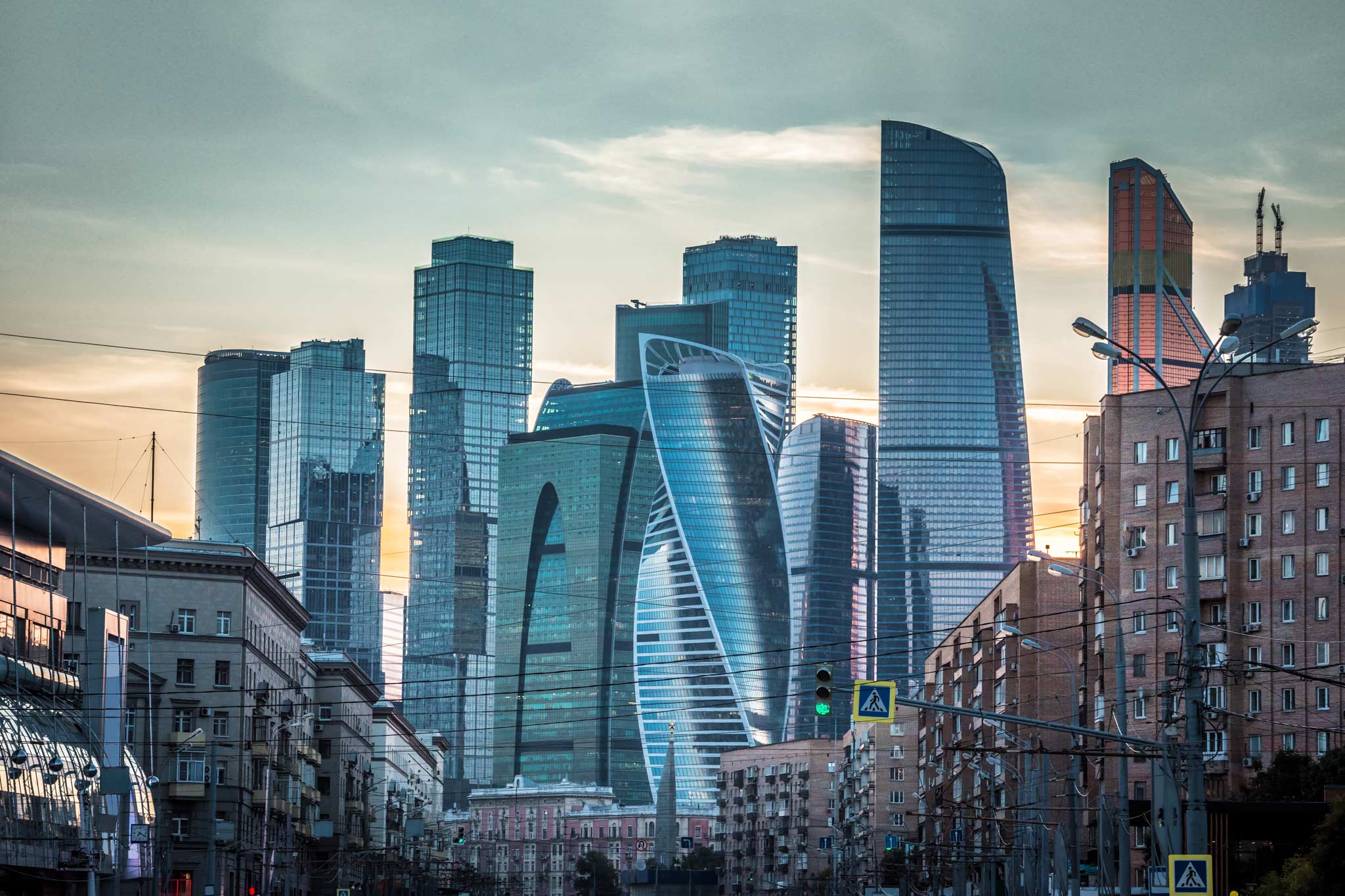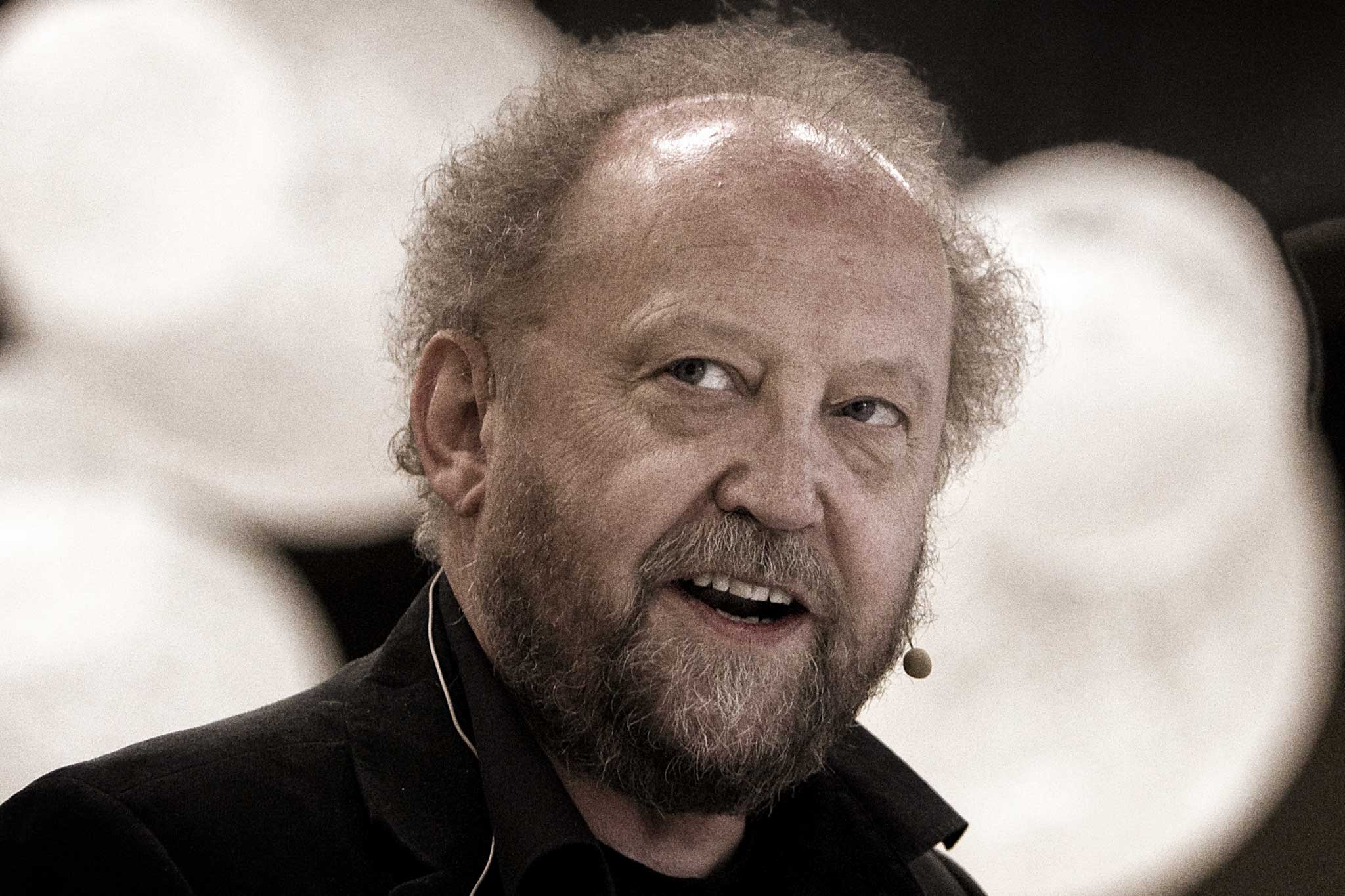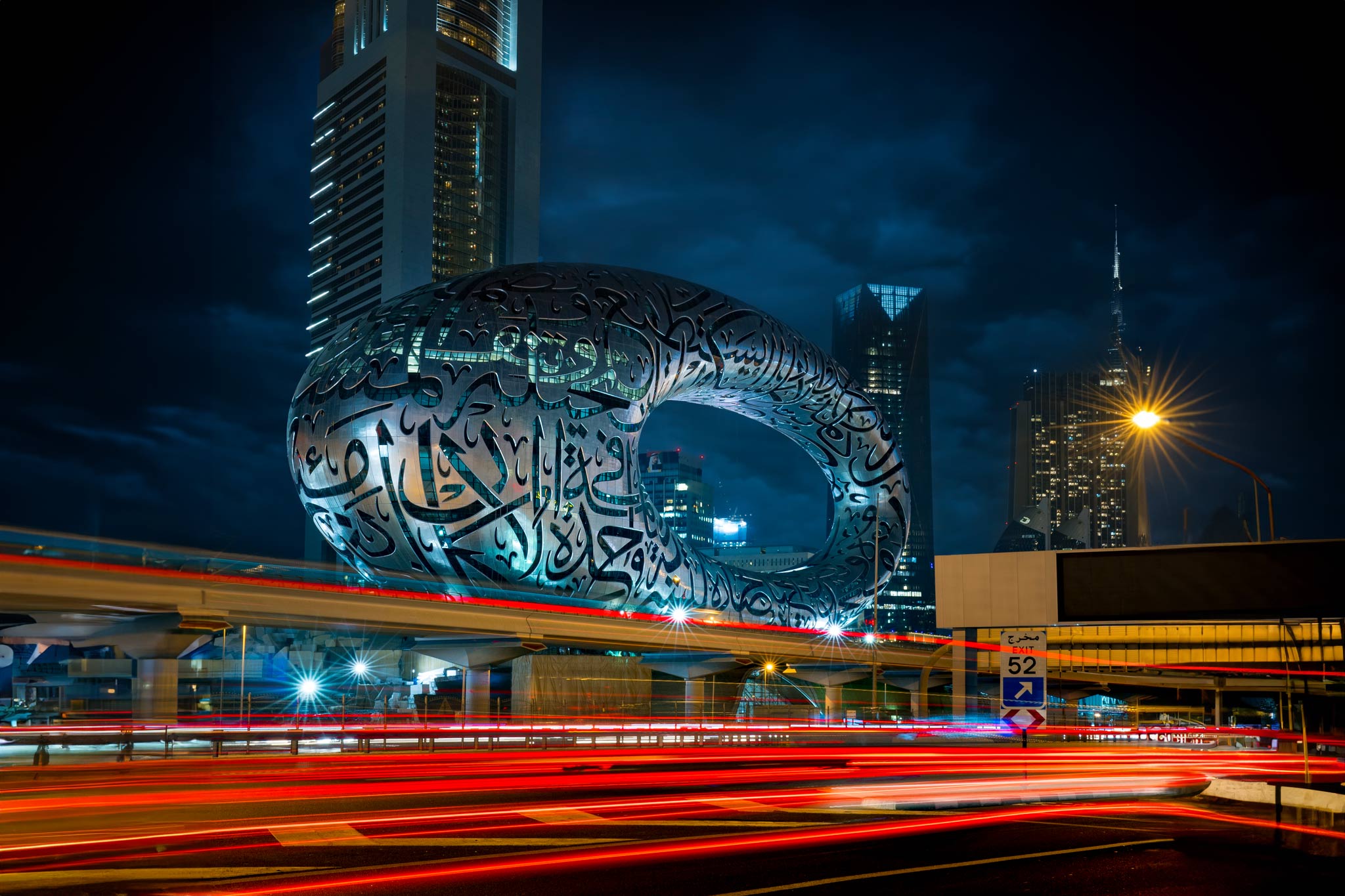Russian business events are experiencing tough times as the ongoing aggressive war in Ukraine, and the resulting ever-tightening sanctions on the regime, put severe pressure on the industry. Before February 24 last year, the business events industry in Russia was one of the largest, not only in Europe but also on a global scale. According to the Russian Ministry of Science and Culture, there were hundreds of international conferences and events annually, and many thousands of business delegates visiting the country every year. As stated in a study by the Russian Union of Exhibitions and Fairs, before the war, the annual volume of funds generated by the industry was about 3.2 trillion rubles (€31.4 billion), equivalent to three per cent of Russia’s GDP.
Like everywhere else, the Covid pandemic hit the industry hard. But in contrast to most other countries, where the meetings industry has recovered from the pandemic and its consequences fairly quickly to some degree or other, the Russian industry has been seriously pushed back due to the continued pressure of unprecedented sanctions on the country.
One of the reasons for this was the massive exodus of Western companies that occurred shortly after February 24 last year, many of which were anchor clients for many Russian agencies, specialising in organising meetings, events and conferences. And the remaining Western companies have temporarily or indefinitely reduced their budgets for advertising and holiday projects. The situation has resulted in structural change of the entire market, and its focus.
As Vadim Zelensky, the founder and CEO of Zelenski Group, one of Russia’s leading agencies in the field of meetings and events, said in an interview with the Russian business publication RB, most international audience and business travellers who visit Russia these days are now predominantly from the CIS countries or Asia. In contrast, the Russian government becomes the primary customer of the industry.
In terms of the structure of business travellers, according to data from the Russian Ministry of Culture, currently, the top three countries in terms of the number of business delegates visiting Russia to participate in local meetings and events are Uzbekistan, Kazakhstan and China.
About 41 per cent of all foreign business delegates travel to Russia from neighbouring countries and 22 per cent from Europe. In the latter case, this is still significantly lower than the figures of some previous years. Still, the demand from the pharmaceutical industry, financial and consulting companies, FMCG and IT sectors remains generally high, which allows the industry to stay afloat.
Local analysts in business events claim a severe change in the formats and structure of the industry, as since the beginning of the war, the number of large events, conferences and meetings in Russia has significantly decreased. The primary demand switched to small and medium-sized events for no more than 50–100 participants. Following statistics from the Russian Ministry of Culture, the share of small meetings of less than 50 people this year increased to 75 per cent (compared to 65 per cent in 2021), and the percentage of medium-size ones fell to 20 per cent in the overall structure of the market.
At the same time, the per person cost of participation has increased. Thus, analysts say that the budget for meetings for up to 50 people over the past year has increased by 58 per cent compared to 2022 and by 19 per cent when compared to 2019. (Due to the pandemic, no business events were held in 2020.) In the medium-sized events and meetings segment, the growth of budgets was 70–100 per cent.
“The very geography of the Russian meeting sectors is expanding to the East”
According to data from the local agency Aeroclub Tour, the geography of the Russian business events sector is currently concentrated mainly within the country borders. At the same time, foreign events account for only seven per cent of the overall structure, while in precrisis 2019 that figure reached 30 per cent. And as Russia witnessed a withdrawal of Western events, the process turned out to be less painful than might have been expected. It could perhaps be argued that many foreign companies’ Russian presence was perhaps more image-related than an actively pursued presence in the Russian meetings and events market.
Anna Gaber, CEO of AG Agency, another leading Russian agency in business events, claims that today’s Western businesses do not consider Russia a priority market. “Also, many companies went bankrupt, while others tightened the terms of cooperation,” she says. This creates conditions for an increased isolation of the Russian business events sector and its development, primarily within the country’s boundaries, with a minimum number of guests and business travellers from Western countries.
The situation is further complicated by the fact that about 100 major hotels in Russia, that traditionally have had important international conferences and meetings conducted in them, are now no longer part of global hotel chains, leading to complications also with their work in the local market.
According to Ilyas Badretdinov, Executive Director of Tagras-Business Travel, a Russian agency specialising in organising meetings and conferences, one of the main distinctive features of the current Russian meetings sector is its ongoing pivot towards the East, with closer ties to the long-time partners of Russia.
This means that the very geography of the Russian meeting sectors is expanding to the East, and Ilyas Badretdinov also added that after restrictions on Western air traffic and the resulting annihilation of established logistics chains, the CIS countries and the Asian region are becoming the leading business partners and suppliers for Russian business events.
One of the biggest problems became the disconnection from the global services for booking and selling air tickets like Saber, Galileo and Amadeus, as well as the exit of more than 50 international airlines due to exchange rate fluctuations from the BSP Russia mutual settlement system, which unites travel agencies and carriers. And the departure of major hotel brands like Marriott and Hyatt and the suspension of Booking.com also seriously complicated the current situation in the market.
Market players have also talked of severely tightened conditions for the provision of loans by local banks. Yulia Lipatova, managing director of the Aeroclub meetings agency, claims that the situation started worsening during the pandemic, as amid a critical decline in turnover for the Russian business events industry, banks began to assess the event and meeting business as high-risk and often refused to provide loans.
In 2023, the industry faced yet another challenge: the Russian Central Bank raised the key rate several times, which led to the growth of interest rates on loans of up to 25–27 per cent per annum, compared to the previous 13 per cent. In this regard, and after the beginning of the Russian-Ukranian war, the industry faced an acute shortage of funds, paying particular hopes to an increased support from the state.
In the meantime, the Russian federal government and the authorities of the major regions of the country, particularly Moscow and St. Petersburg which traditionally accounted for most of the industry’s activities, are aware of the sector’s current problems and are considering solutions, primarily in the form of financial support in both direct and indirect form.
For example, the Moscow City Government plans to compensate up to 10 million rubles (€98,000) of expenses for organisers of some meetings and conferences conducted within the city’s territory this year. According to organisers, such support is primarily conducted through various grants, which compensate for approximately 10 to 20 per cent of the budget for premises and technical equipment.
“Most market players maintain a level of optimism, as they feel that the industry has yet to reach a critical point”
Particular hopes of the industry are put on preferential lending programs, as commercial loans from banks are currently practically inaccessible for most companies operating in the Russian meetings and business travel sectors, due to high interest rates and the requirement of advance payment from most clients. Another support measure is the government signing additional contracts with the industry.
According to Anna Gaber from AG Agency, many local business event providers have had to cut their staff during the ongoing crisis. The issues of team retention have also reached an acute status, with an active outflow of personnel from the industry due to its current lack of prospects, with the biggest problems presently observed with regards to skilled personnel.
Most interviewed analysts believe the industry will face further consolidation in geographical terms, as the share of Moscow and St. Petersburg in the overall market structure will continue to grow, amid the simultaneous contraction of the overall business event sector across the entire Russian province. The combined share of the market for these two cities is already estimated at 70 per cent, which many expect could grow to 80–85 per cent within the next year or two.
Moscow city alone represents 50 per cent of the national market. The popularity of the city might in part be explained by the recent launch of several modern meeting venues, such as, for example, the Technopolis Moscow Congress Center, Afimall City, Skolkovo and Zaryadye.
Despite the market’s problems, most market players still maintain a level of optimism, as they feel that the industry has yet to reach a critical point, and at the same time, almost 100 per cent of the departed suppliers and services can be replaced.
Analysts from AG Agency expect the market will be able to at least partially recover in October–November when some new major conferences and meetings are scheduled. They maintain optimism, expecting a recovery of business activities in certain segments of the Russian economy, primarily retail and the banking sector. In part, an expected upswing could come as a result of local businesses rushing to occupy the niches vacated by foreign actors.
As Alena Eivel, Operational MICE Director of Vipservice, one of Russia’s leading companies in the field of booking, observed in an interview with the Russian Kommersant business paper, there is a sharp increase in the activities of local companies, many of which are no longer restricted to one event per year. During the pandemic, some customers refused entertainment events in favour of business events, but with restrictions now lifted, these customers are yet again in the market for both. Another rejuvenation is coming in the form of ever-growing activities from governmental customers, reflected by a postpandemic return of previously cancelled or postponed governmental events.
In contrast to previous years, when a main focus was given to the attraction of international business visitors from the EU, the US and other Western countries, these days, particular attention will be paid to the interest of business delegates from so-called “friendly” countries for Russia, such as China, Turkey, Brazil and India.





